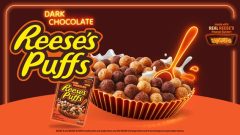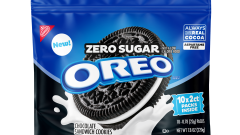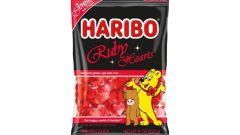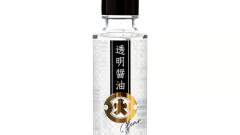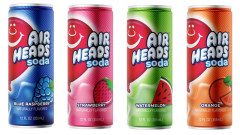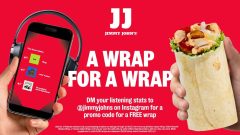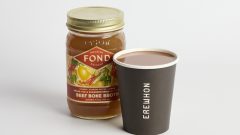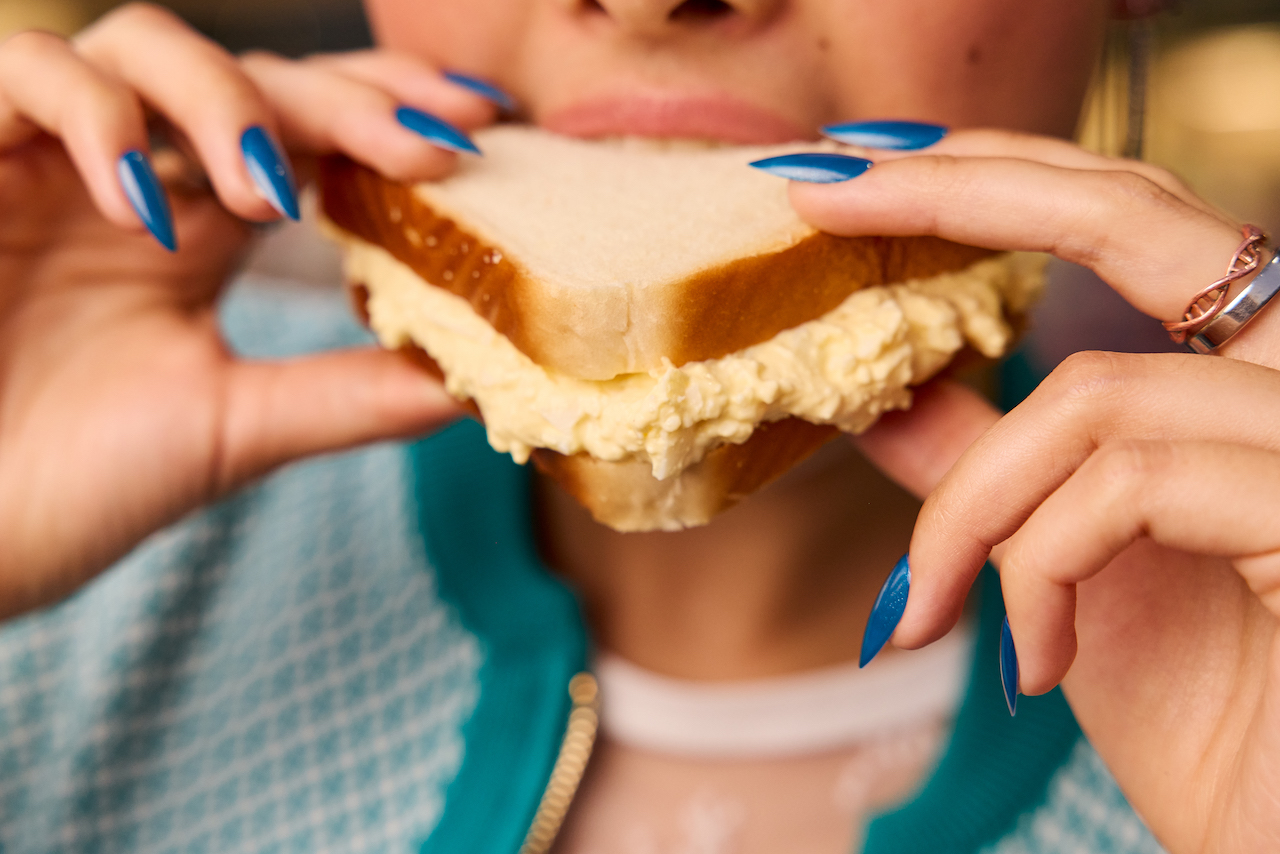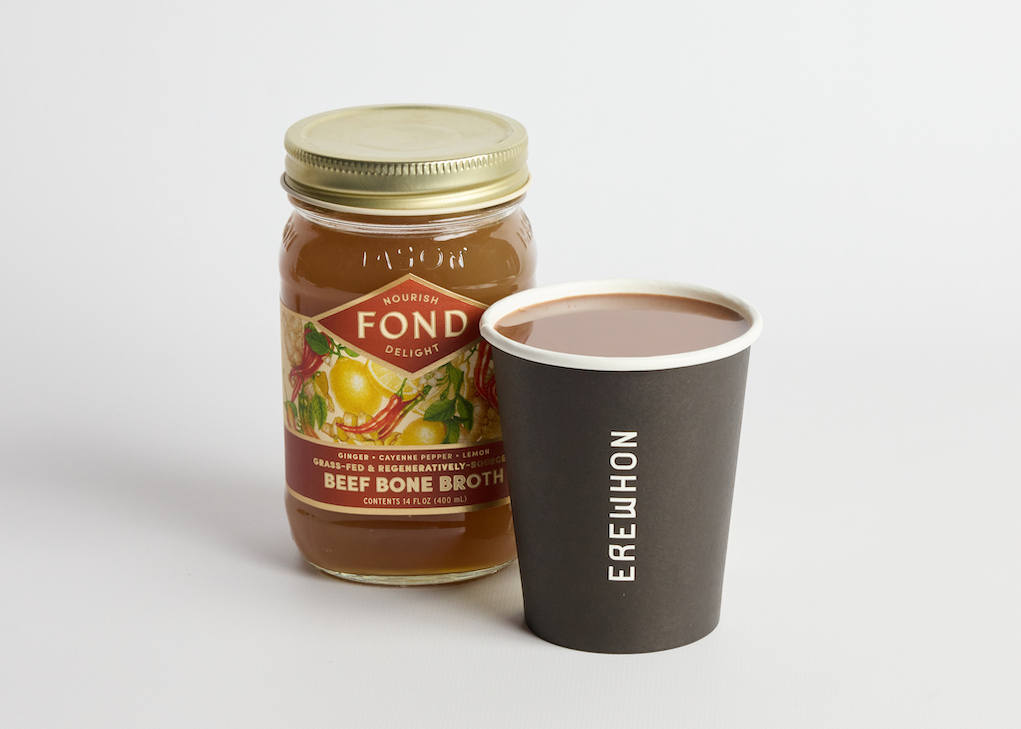10 Restaurant Chains You Had No Idea Were Related To Each Other
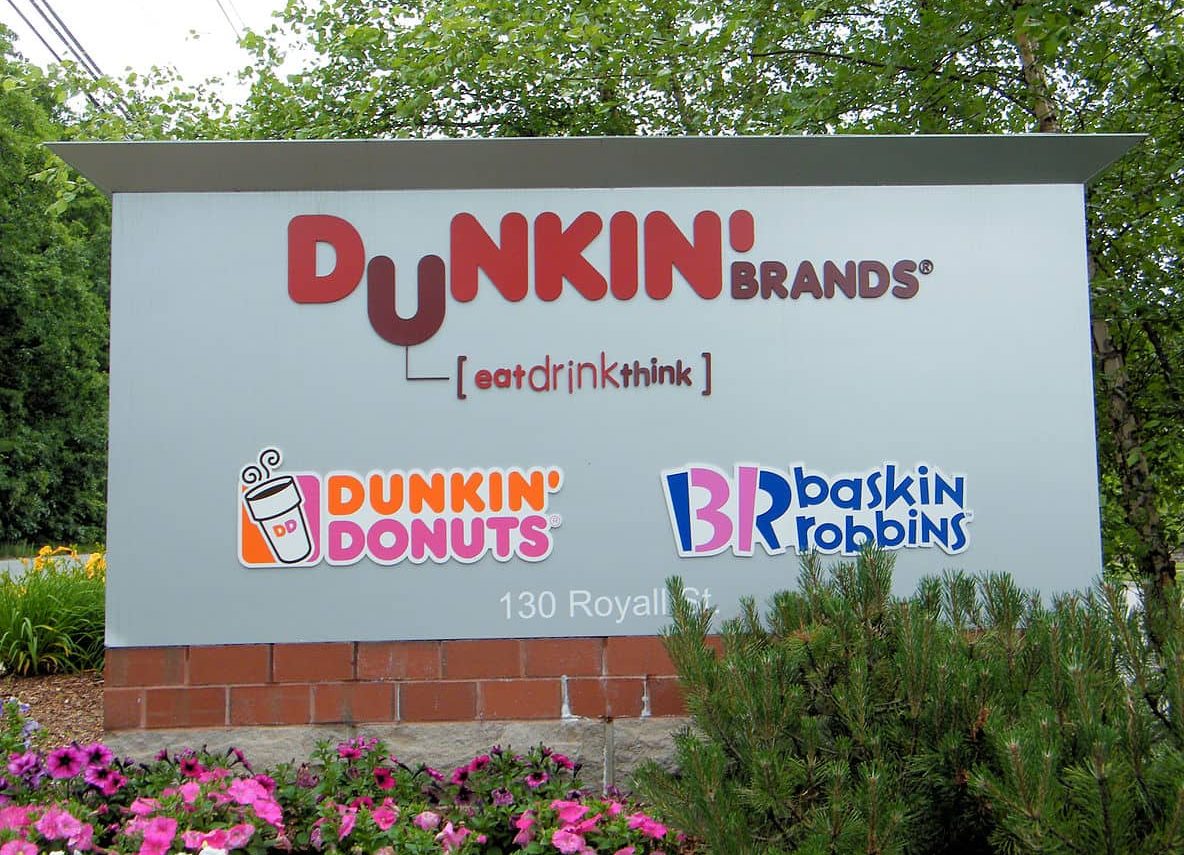
We often come across fast food chain combo restaurants that remind us how small this industry really is. Anytime a Taco Bell, a KFC, or a Pizza Hut gets together, we know that it’s the work of their parent company deciding to create a unit that serves both brands.
However, these “dual locations” aren’t the only proof showing how connected the restaurant industry really is. Some of the biggest brands in food own some brands you may not expect, including those more associated with fine dining, or even Michelin stars.
Below are just a few of these pairings that may throw you for a total loop:
Taco Bell <-> Little Sheep Mongolian Hot Pot
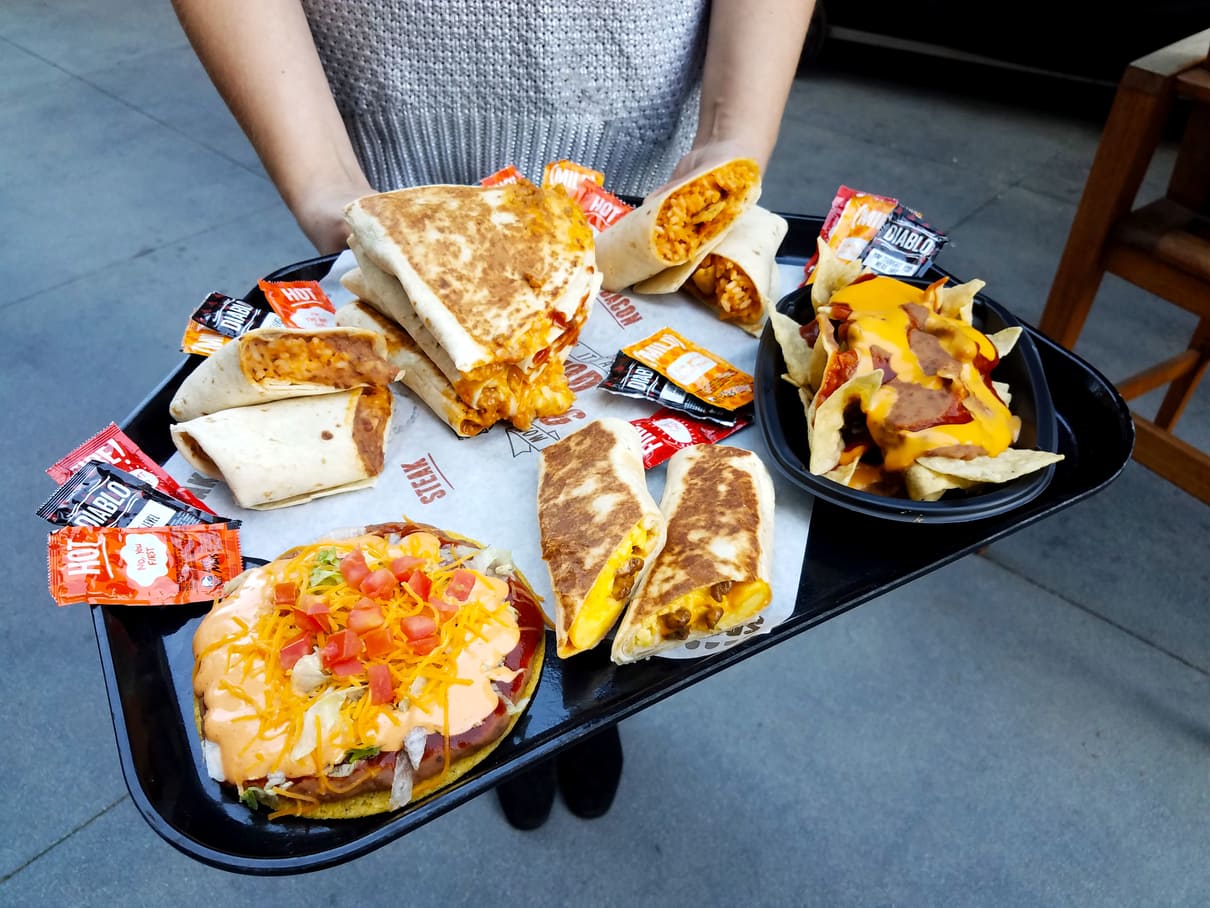
This sounds like a totally unconventional pairing, but it stems from a bit of interesting Taco Bell history. There’s a separate branch of the taco giant’s parent company, Yum! Brands, that operates in China. Yum! China is the owner of the entire Little Sheep chain, which in turn has spread out to the United States and has put up nearly 40 hot pot locations across North America. Pretty meta, right?
View this post on Instagram
California Pizza Kitchen <-> Red Lobster
View this post on Instagram
An East Coast staple sounds perfect paired alongside a West Coast favorite, right? Well, both chains are part of Golden Gate Capital after the lobster giant was acquired for $2.1 billion back in 2014. Interestingly, it seems that this world of casual family dining chains is pretty small, as the company that sold Red Lobster is the same one that owns Olive Garden.
View this post on Instagram
Arby’s <-> Il Fornaio
View this post on Instagram
Sometimes, capital firms that invest in restaurants like having a diverse spread of cuisines. For Roark Capital, that means putting the pricey, bougie Il Fornaio under the same umbrella as the ubiquitous fast food meat purveyor, Arby’s. Maybe having such a unique pool of restaurants to draw from is why Arby’s can do their extravagant venison and duck sandwich specials?
View this post on Instagram
Dunkin’ <-> Baskin Robbins
 Photo courtesy of Dunkin’ Brands
Photo courtesy of Dunkin’ Brands
This partnership is interesting in that it’s one of the few ever in restaurant history to result in a joint item being created. Baskin Robbins, who is owned by Dunkin’ Brands, sold Donut Ice Cream Sandwiches made using Dunkin’ Donuts for a limited time back in 2016. With that dessert combination all the rage today, who’s to say they wouldn’t try something like that again?
 Photo: Coolcaesar // Wikimedia Commons, CC 3.0
Photo: Coolcaesar // Wikimedia Commons, CC 3.0
Jollibee <-> Tim Ho Wan
View this post on Instagram
Jollibee is more than just the Philippine’s top fried chicken chain, they also invest in a ton of restaurant chains across the globe. The Jollibee empire’s most recent acquisition? Michelin-starred Tim Ho Wan, whose 40 outlets are owned by a private equity fund that Jollibee has a massive stake in. Michelin-quality, dollar-priced dim sum and fast food fried chicken together? It’s a head-turning combo that may just work for Jollibee.
View this post on Instagram
Out of all of these, the final pairing is the most intriguing. Who would’ve thought that a Michelin-starred dim sum chain would team up with a fried chicken giant?
You may think that the quality of these finer establishments is lesser or that fast food is better as a result of these pairings. However, know that because of these partnerships, companies will often use similar supply chains, especially for single ingredients that can easily be produced and distributed to thousands of locations. As a result, the quality of all of these spots might be a little more similar (and possibly) better) than you initially thought.
Maybe the whole restaurant industry being so interconnected isn’t so bad, after all. At least it gives us insights that the quality of the food being served on both sides of the spectrum is similar. It’s all a matter of how they cook and prepare it.

